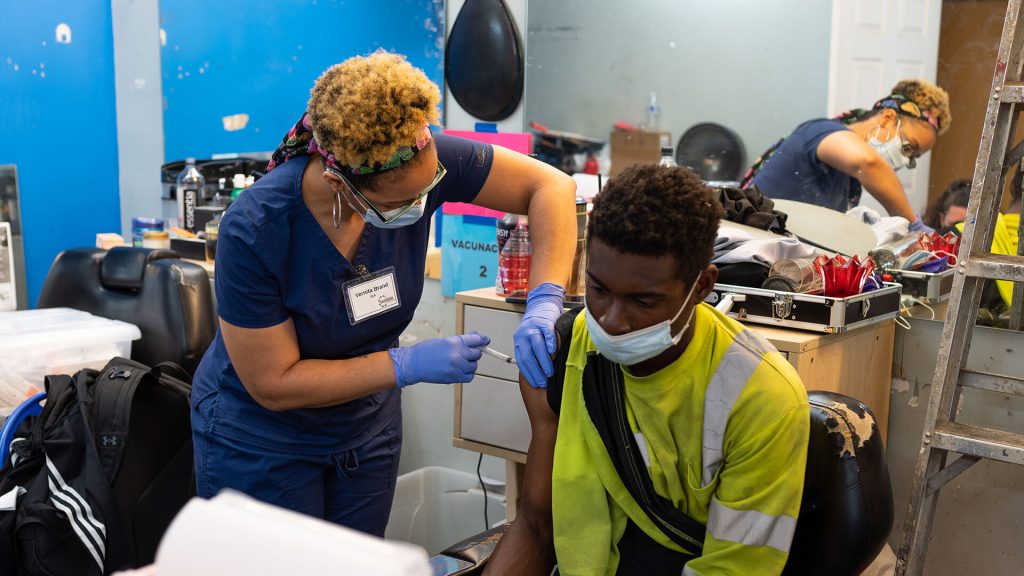Across the world, there is ample evidence that social factors strongly influence how healthy a person is. Social factors include education, employment status, gender, income level, and ethnicity. To be health-conscious, we all need to understand health inequity and whether we are also affected by health inequities.
What Is Health Inequity
World Health Organization (WHO) recognizes health inequities as the systematic differences regarding the health status of different population groups. It means that certain groups of people experience worse health and difficulty accessing healthcare due to the systems that influence their lives. For instance, people who were born in poverty-stricken areas certainly get little access to safe housing, healthy food, clean water, education, and medical care. All these factors impact our health.
Health Inequity Vs. Disparity
Many of us take health inequity and health disparity as the same. Although these two terms are used interchangeably, they do not denote the same meaning.
Inequity is human-made discrimination that can be avoided. Inequity is not natural.
On the other hand, disparity means a difference. This difference does not create due to unfairness or injustice. For instance, health differences based on age are disparity rather than inequity. At the same time, differences in infant mortality among different socials within the same country are the result of inequity.
Why Health Inequities Happen
As mentioned earlier, health inequity results from human-made systems and structures. It privileges certain groups while actively oppressing others. Let’s see what the root causes of health inequities are.
Racism
Racism is distributing more power and privileges to a certain group over another. For example, black, indigenous, Asian, and pacific islanders receive fewer resources than others.
Sexism
Sexist society privileges one gender compared to another. In most cases, it is seen that men get more privileges than women and other gender identities.
Classism
It allows a group of people with much wealth and power more advantages. It is well-evident that the rich get more preferences in societies than the middle class or the poor. This classism creates social distinctions.
Xenophobia
Xenophobia provides nonimmigrants with less power and rights than immigrants.
Ableism
Ableism creates differences between able-bodied people and mentally or physically disabled people. In society, an autistic person gets trolled, humiliated, and insulted.
All these systems are interconnected, meaning they affect one another. Many people can be affected by more than one system.
Impacts that Health Inequities Bring Forth
Health inequities impact everyone negatively. It causes the worst outcomes.
- Increase crimes and violence across the communities.
- Misuse and unequal distribution of resources.
- Lessen productivity and employment.
- Enhance issues like ego clash, stress, and anxiety.
- Die tolls of people due to improper medical care.
Closing Words
As health inequities are human-made, avoidable differences in health status among the different social groups, they should be reduced at the quickest possible time. Health inequity harms everyone. It is unfair, illogical, and unjust. Avoid health inequities at every level!!

